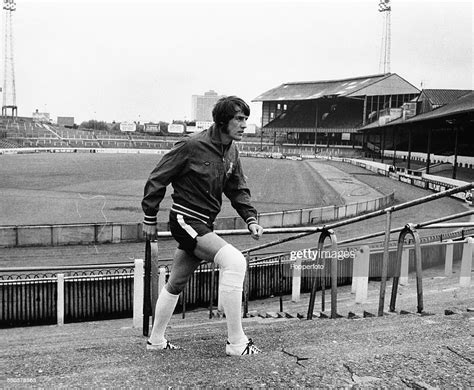A Quote by Tony Hsieh
Every employee can affect your company's brand, not just the front-line employees that are paid to talk to your customers.
Related Quotes
Even your most talented employees have room for growth in some area, and you're doing your employee a disservice if the sum of your review is: 'You're great!' No matter how talented the employee, think of ways he could grow towards the position he might want to hold two, five, or 10 years down the line.
I would tell startups to just keep your head down, keep building. Your contingency plan, if you have one, should be because you are still spending more than you make and you still don't have a line of sight for that J curve. That is the most important contingency. Because otherwise you are betraying that equation to your cofounders, to your investors, to your employees and to your customers.
Products, profits, and paychecks are not enough anymore. These days, society cares how you treat your own workers. Customers want to know you promote the same values inside your walls as you do outside; job hunters want to know you care about them before they send in an application. Your culture is your brand. You need to create an organization where your employees believe in what you do.


































